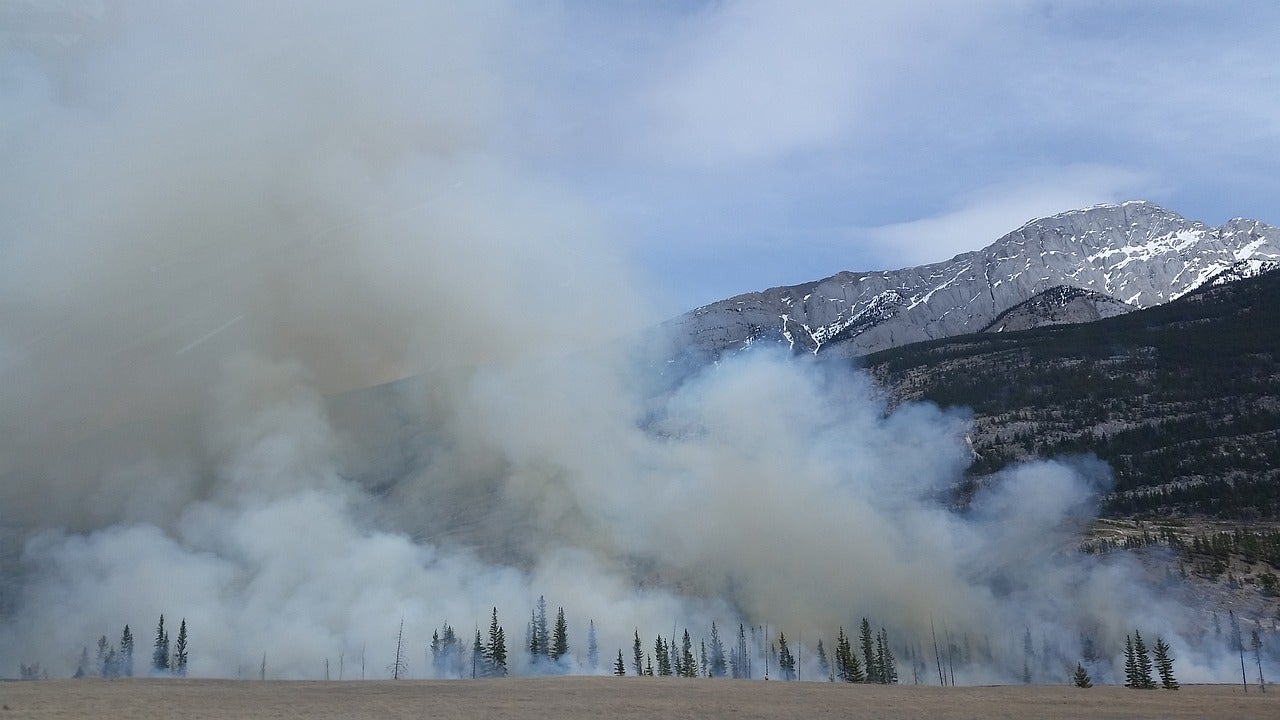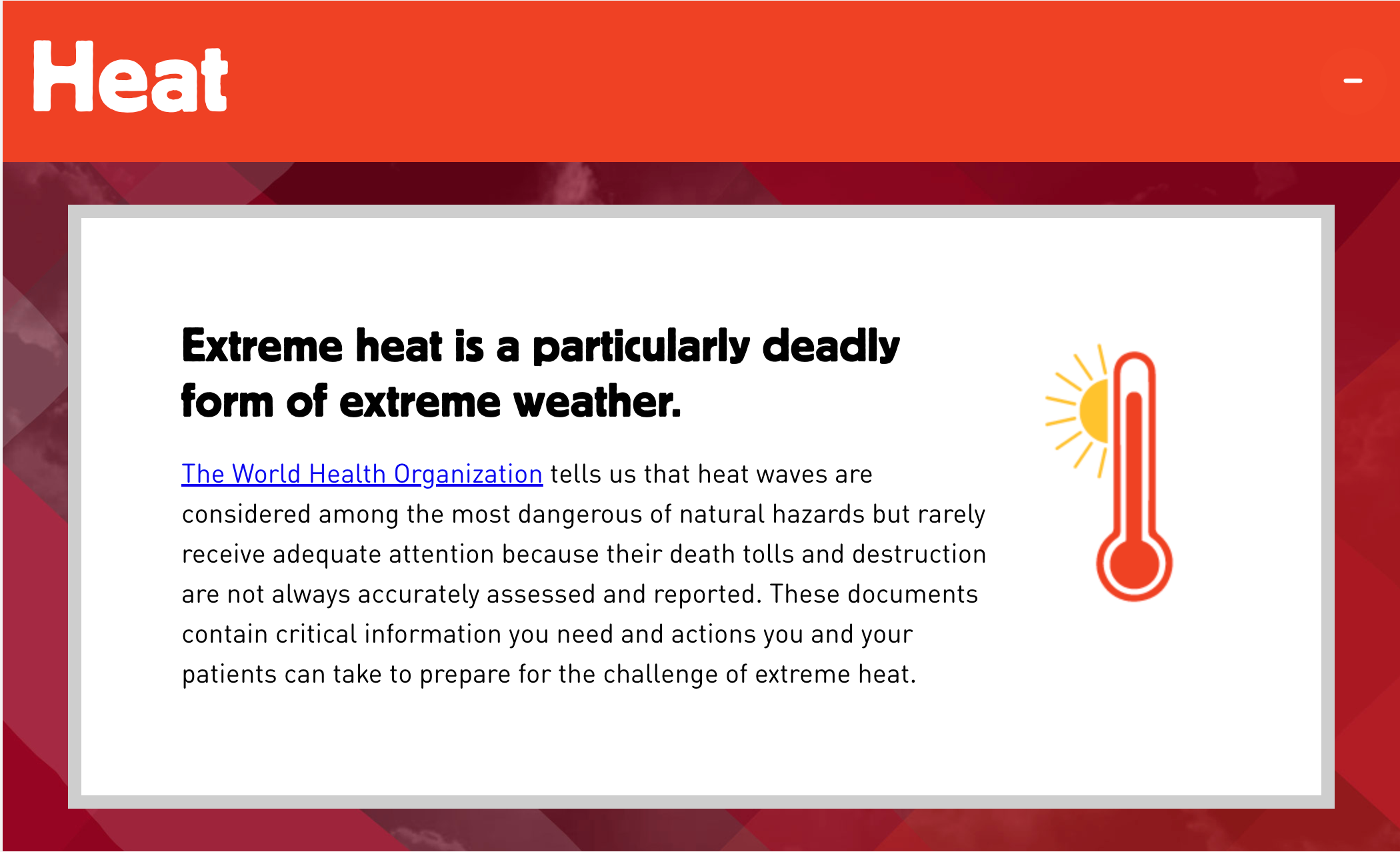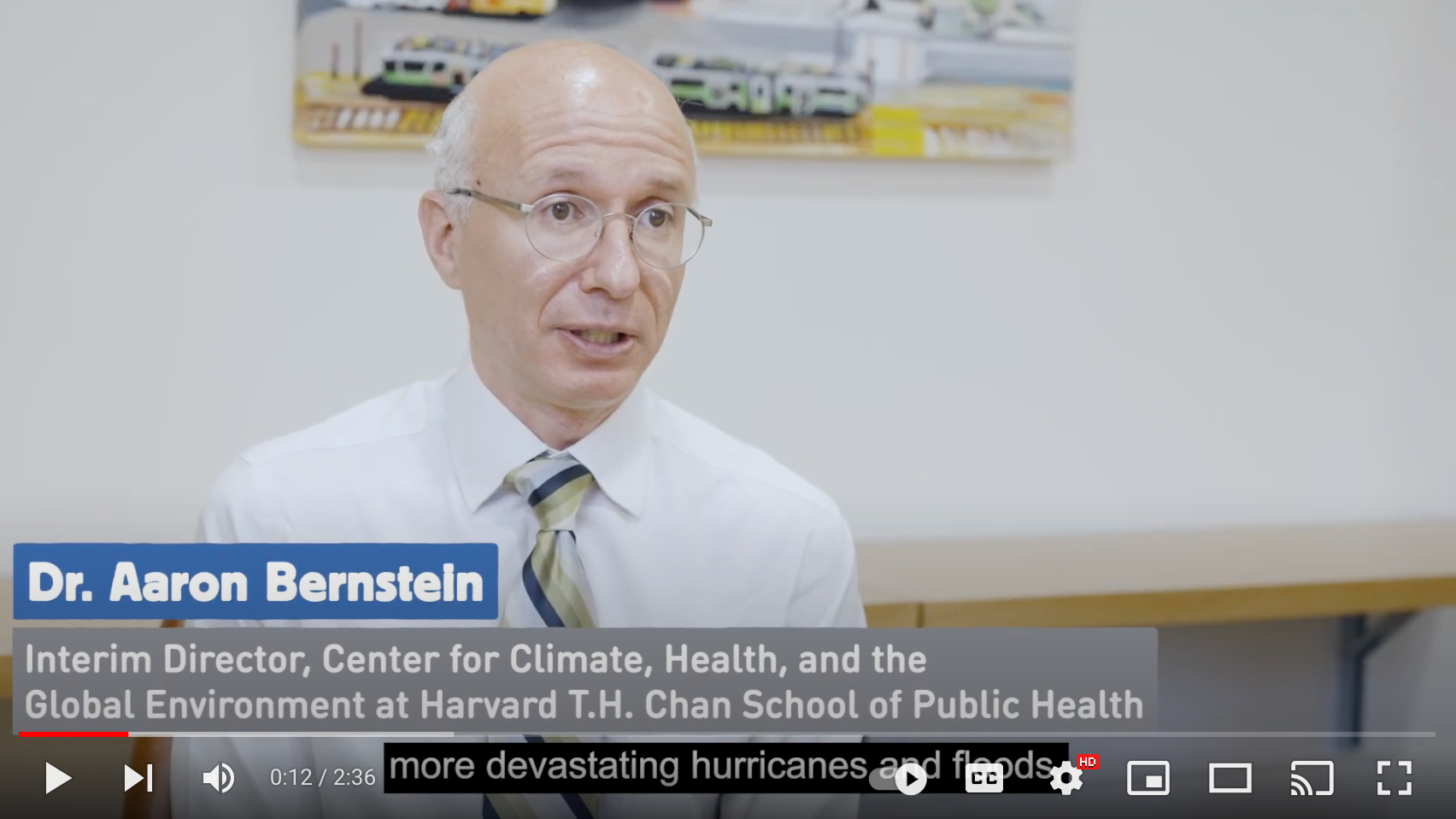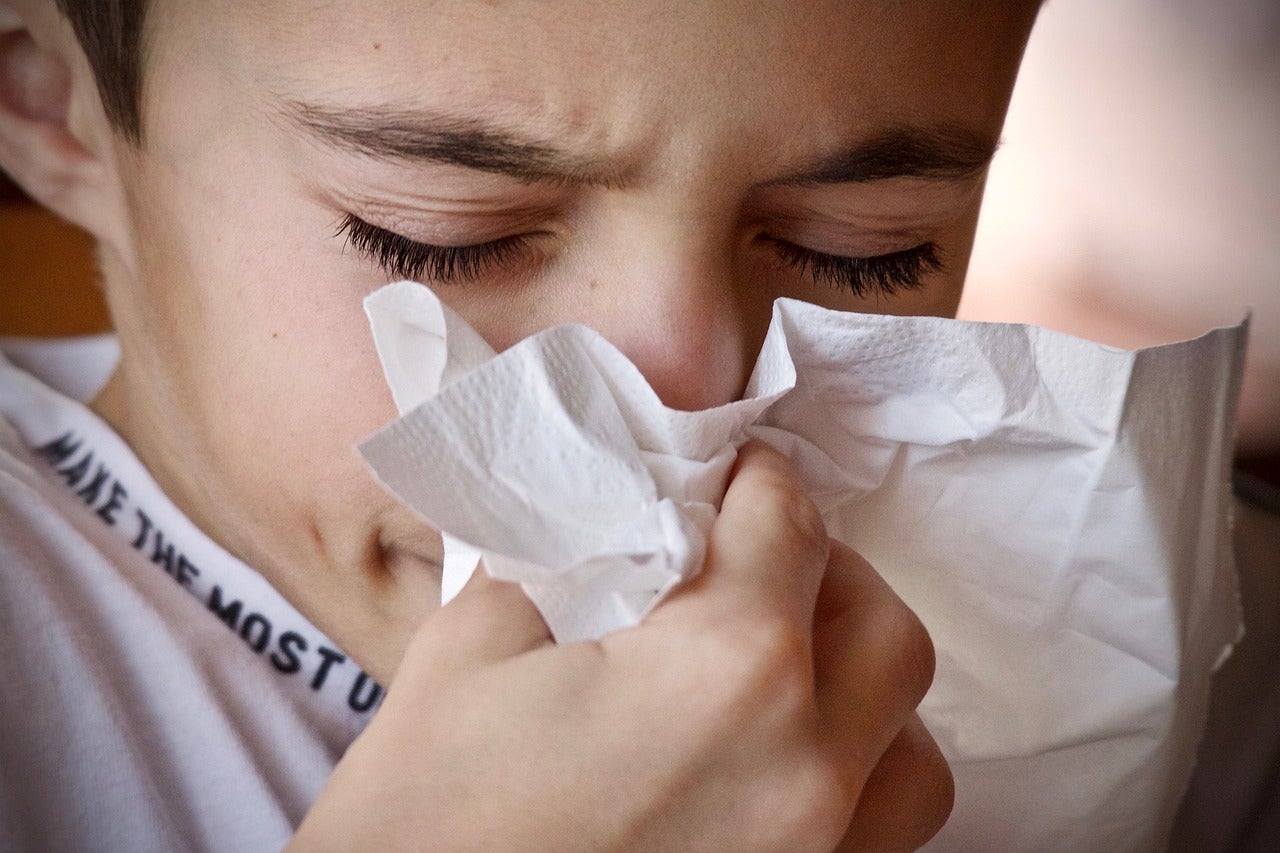Six health systems across the U.S. and one in Australia commit to convening local providers to explore how the climate crisis impacts care delivery
BOSTON, Mass. – For the first time, every major Boston-area teaching hospital will come together on February 13 to educate providers and hospital leaders on how climate change will impact their clinical practice. The symposium, Climate Crisis and Clinical Practice, will be followed by similar convenings at the University of Washington, Emory University, Stanford University, the University of Colorado, the Cleveland Clinic Foundation, the University of Wisconsin, and Australian National University. The symposium is co-hosted by the New England Journal of Medicine (NEJM), the Harvard Global Health Institute, the Center for Climate, Health, and the Global Environment at Harvard T.H. Chan School of Public Health (Harvard C-CHANGE), and the Harvard Medical School.
Seven flagship sites have agreed to become the next cities to convene health care systems in their regions over the next 12-18 months to develop practice improvements and care delivery interventions that will promote health and climate resilience in their geographic locations.
“We are excited to launch this initiative across the country and explore how the practice of medicine needs to change based on region, specialty, and unique local characteristics,” said Dr. Renee Salas, Affiliated Faculty at the Harvard Global Health Institute, Yerby Fellow at Harvard C-CHANGE, Assistant Professor of Emergency Medicine at Harvard Medical School, and emergency medicine physician at Massachusetts General Hospital. “While some climate-related challenges are universal, many are unique and differ based on where you live because the climate crisis harms health through a variety of pathways like wildfire smoke exposure, toxic algae blooms, and tick or mosquito-borne illnesses.”
The Boston symposium also marks another step in a concerted effort by NEJM to highlight how climate change affects health. The journal will publish an article by Dr. Salas on February 12 that summarizes the ways climate change has made it more challenging for clinicians to do their jobs. For instance:
- New norms in extreme heat elicit a need for better heat warning alerts, emergency room protocols, and clinician education around medication safety.
- Rising pollen levels and longer allergy seasons impact allergies and asthma.
- Natural disasters disrupt treatment for chemotherapy or dialysis.
- Extreme heat affects the effectiveness of medications.
- Regional changes in vector-borne diseases like Lyme disease and West Nile virus.
- Increasing risk of diarrheal diseases and possibly antibiotic resistance as temperatures warm.
“NEJM is committed to publishing important content that prepares clinicians and policymakers for the harms resulting from climate change,” said Dr. Caren Solomon, an editor at NEJM and physician at Brigham and Women’s Hospital. Such articles include reviews of the health effects of climate change, perspective pieces describing the challenges posed for both patients and physicians by worsening hurricanes and wildfires, the expanding range of insect-borne diseases, and the hazards posed by the dismantling of government regulations to limit carbon emissions, and case discussions of patients with insect-borne diseases.
Following the Boston symposium, the journal will host an online discussion, Health Care and the Climate Crisis: What Can You Do?, from February 13-23 on NEJM Resident 360. This resource is designed to help medical residents receive support and share knowledge about how to adapt clinical care in a changing climate. For example, clinicians with extensive experience in treating heat-related illnesses and responding to heat alerts can share knowledge with providers in regions that are starting to experience extreme temperatures more frequently.
“I was trained to help keep children healthy and to help heal them if they got sick,” said Dr. Aaron Bernstein, Interim Director of Harvard C-CHANGE and pediatrician at Boston Children’s Hospital. “Climate change has made it harder for me to do my job, and so working on climate solutions is a part of my responsibility to the children and families that I care for.”
The public health implications of climate change have been well-documented, but the health sector must consider how climate change will impact their daily practice of medicine. The symposium and following events will help health professionals understand how climate change may directly impact their patients and their ability to deliver care. For more information about climate change and clinical practice, visit the Climate MD program at Harvard C-CHANGE, read Dr. Bernstein’s climate and health Coverage column, and subscribe to the Harvard C-CHANGE monthly newsletter, The Climate Optimist.
About Harvard C-CHANGE
The Center for Climate, Health, and the Global Environment at the Harvard T. H. Chan School of Public Health (Harvard C-CHANGE) increases public awareness of the health impacts of climate change and uses science to make it personal, actionable, and urgent. Led by Dr. Aaron Bernstein, the Center leverages Harvard’s cutting-edge research to inform policies, technologies, and products that reduce air pollution and other causes of climate change. By making climate change personal, highlighting solutions, and emphasizing the important role we all play in driving change, Harvard C-CHANGE puts health outcomes at the center of climate actions. To learn more visit https://www.hsph.harvard.edu/c-change/.
About Harvard Global Health Institute
The Harvard Global Health Institute is committed to surfacing and addressing broad challenges in public health that affect large populations around the globe. As a university-wide institute, we believe that solutions that can move the dial will draw from within and beyond the medicine and public health spheres to encompass design, law, policy, business and other areas of expertise. We work by harnessing the unique breadth of excellence within fields at Harvard and by being a dedicated partner and convener to organizations, governments, scholars, and committed citizens around the globe. For more information, please visit globalhealth.harvard.edu
About New England Journal of Medicine
The New England Journal of Medicine is the world’s leading medical journal and website. Continuously published for over 200 years, NEJM publishes peer-reviewed research and interactive clinical content for physicians, educators, and the global medical community. NEJM is a publication of NEJM Group, a division of the Massachusetts Medical Society. For more information, please visit http://www.nejm.org.





















